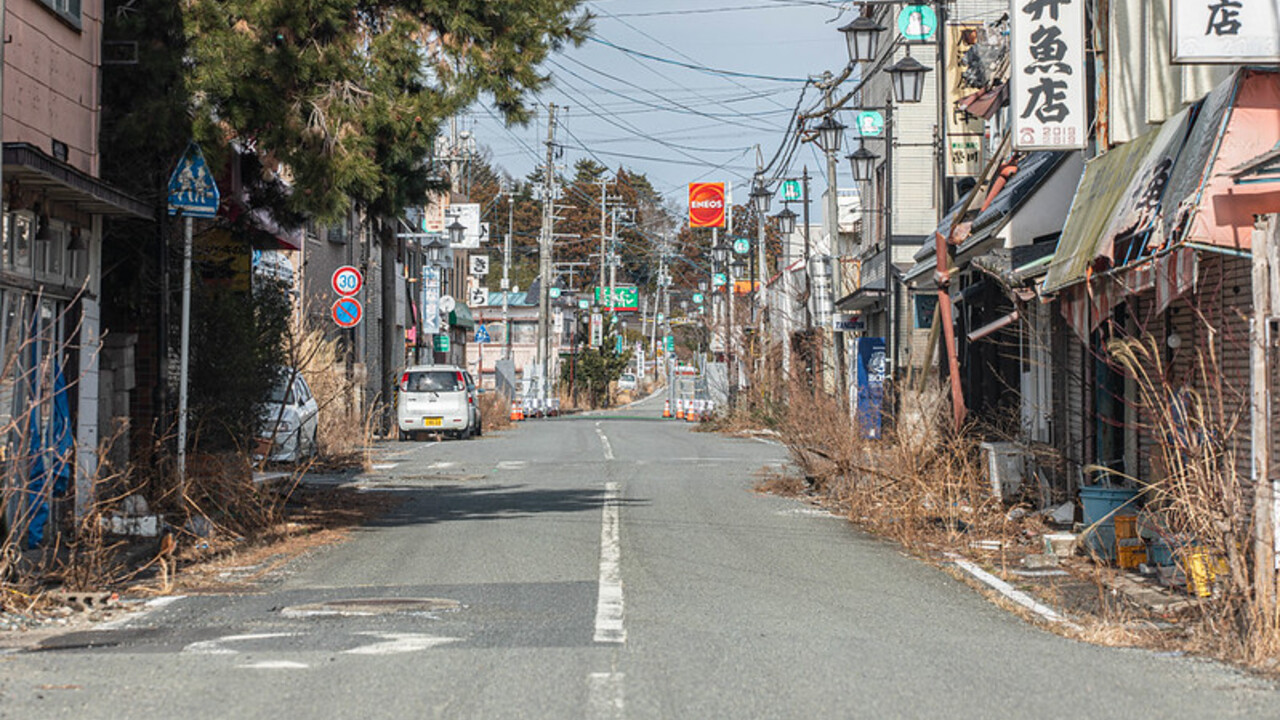Scientists in Japan have developed a fast and inexpensive method to assess the risk of low-dose radiation-induced mutations in two commonly grown tree species growing in a contaminated area. They used a new algorithm to estimate the frequency of de novo mutations (DNM), that is, non-hereditary genetic changes.
The study showed that the frequency of DNM in both tree species was not dependent on the radiation level. This indicates that residual radiation does not cause genetic damage to trees.
The scientists note that their method could be used to monitor the condition of trees in other radioactively contaminated parts of the world.
Source: Ferra
I am a professional journalist and content creator with extensive experience writing for news websites. I currently work as an author at Gadget Onus, where I specialize in covering hot news topics. My written pieces have been published on some of the biggest media outlets around the world, including The Guardian and BBC News.












